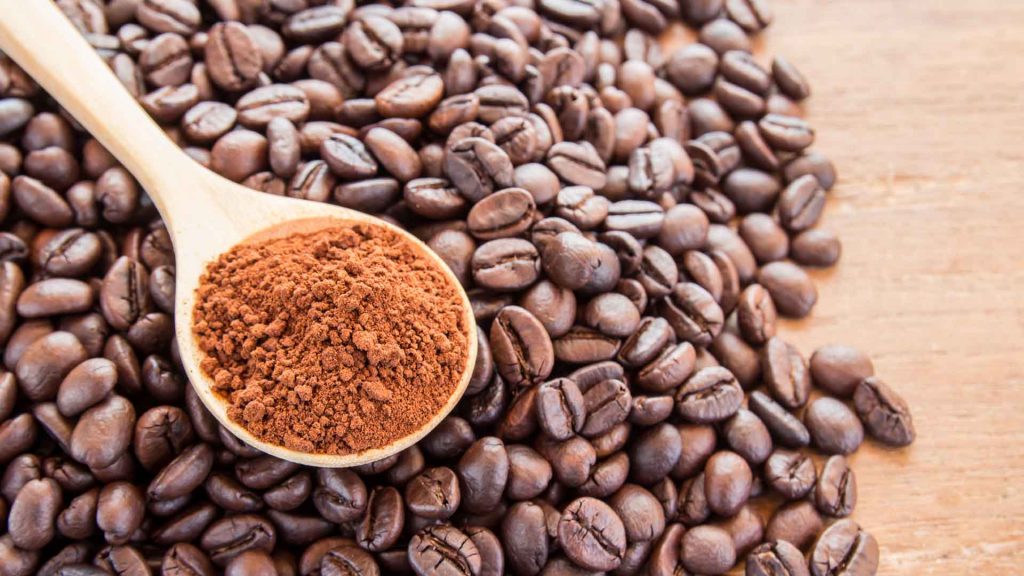The Impact of Terroir on Export-Quality Indonesian Coffee
The concept of terroir, a French term traditionally associated with wine, plays a significant role in shaping the unique characteristics of export-quality Indonesian coffee. Terroir encompasses the environmental factors that influence coffee cultivation, including soil composition, climate, altitude, and local farming practices. In Indonesia, these elements combine to create distinct flavor profiles that are celebrated worldwide.
Each coffee-growing region in Indonesia boasts its own unique terroir. For instance, the volcanic soils of Sumatra impart rich, earthy tones, while the cooler, tropical climate of Sulawesi contributes to a more vibrant and fruity profile. These regional differences are not just a matter of taste; they reflect the deep connection between the land and the coffee produced.
The impact of terroir on Indonesian coffee extends beyond flavor. It also influences the quality and consistency of the beans, making them highly sought after in international markets. By understanding and harnessing the unique terroirs of their regions, Indonesian coffee farmers can produce beans that are not only exceptional in taste but also representative of the diverse landscapes and cultures of Indonesia.
In the global coffee industry, the recognition of terroir underscores the importance of environmental stewardship and sustainable farming practices. By preserving these unique growing conditions, Indonesian coffee producers ensure that the rich heritage and exceptional quality of their coffee continue to thrive.


Awesome https://t.ly/tndaA
Very good https://is.gd/N1ikS2
Awesome https://is.gd/N1ikS2
Awesome https://is.gd/N1ikS2
https://shorturl.fm/FIJkD
https://shorturl.fm/m8ueY
https://shorturl.fm/m8ueY
https://shorturl.fm/A5ni8
https://shorturl.fm/bODKa
https://shorturl.fm/YvSxU
https://shorturl.fm/YvSxU
https://shorturl.fm/68Y8V
https://shorturl.fm/5JO3e
https://shorturl.fm/5JO3e
https://shorturl.fm/68Y8V
https://shorturl.fm/A5ni8
https://shorturl.fm/bODKa
https://shorturl.fm/VeYJe
https://shorturl.fm/xlGWd
https://shorturl.fm/I3T8M
https://shorturl.fm/YZRz9
https://shorturl.fm/0oNbA